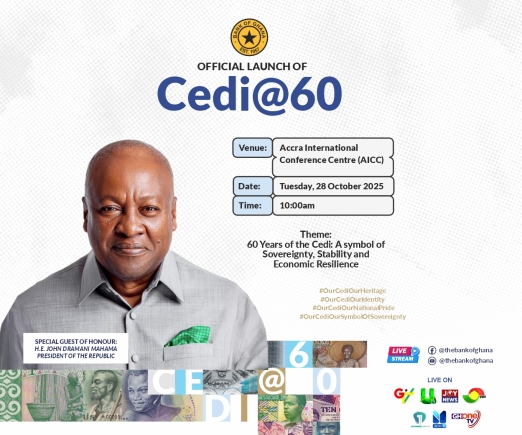About 30,000 school aged girls in underprivileged communities in the country are expected to receive free sanitary pads and menstrual hygiene education over the next three years, following the launch of a 3G Project in Accra.
The project dubbed: "Get a Pad, Get Educated, Get a life (3G) is an initiative of Hands of Gold Foundation (HOGF) a non-governmental organisation (NGO) based in Accra and aims at retaining the girl child in school.
As part of the project, the beneficiaries, mostly school girls drawn from underprivileged and deprived communities from across all the16 regions of the country, will be offered monthly supply of sanitary pads, menstrual hygiene education and its associated management practices and regular free health screening in addition to free books and stationery.
Launching the project, the Communications Manager of HOGF, Edwina Amoyaw, said despite the extensive education, action and advocacy done in this space, about 53 per cent of adolescent girls in some underserved and marginalised communities still found it difficult to afford sanitary pads.
That, she said, was due largely to the high cost of sanitary pad in the country which had been occasioned by the high taxes on the production and import of sanitary wares, especially sanitary pads.
Ms Amoyaw said to make sanitary pads accessible to all, especially girls in underprivileged communities, government must take steps to remove the high taxes on sanitary pads.
"I, therefore, appeal to our government to meaningfully reduce or completely remove the 12.5 per cent VAT and 20 per cent luxury tax on sanitary products," she said.
She also encouraged parents and teachers, especially, to make the conversation on menstrual hygiene education a regular one in individual homes and schools.
policies
She also called on government and its affiliate organisations to come up with well-structured programmes and policies that would support corporate institutions and private individuals with innovative ways of producing low-cost, biodegradable and reusable sanitary products to ease the financial burden menstruating women faced.
For her part, the Media Relations Officer for the National Youth Authority, Akua Adufa Mintah, emphasised the need to make sanitary products not just accessible but also affordable.
She said this would, particularly, help women and adolescent girls in rural dwellings and protect their education.
Project
The Administrative Manager of the foundation, Rex Kumordzi, explained that the three-year project would seek to send menstrual hygiene education and its associated management practices to various schools and communities in all 16 regions of the country.
In addition, he said HOGF would give to an estimated 30,000 beneficiaries free health screening and free sanitary pads.
That, he said, was to help end period poverty in the country and also retain all girls in school.
Mr Kumordzi also appealed to corporate institutions and private individuals to come out in their numbers to support the project in cash and in kind.


